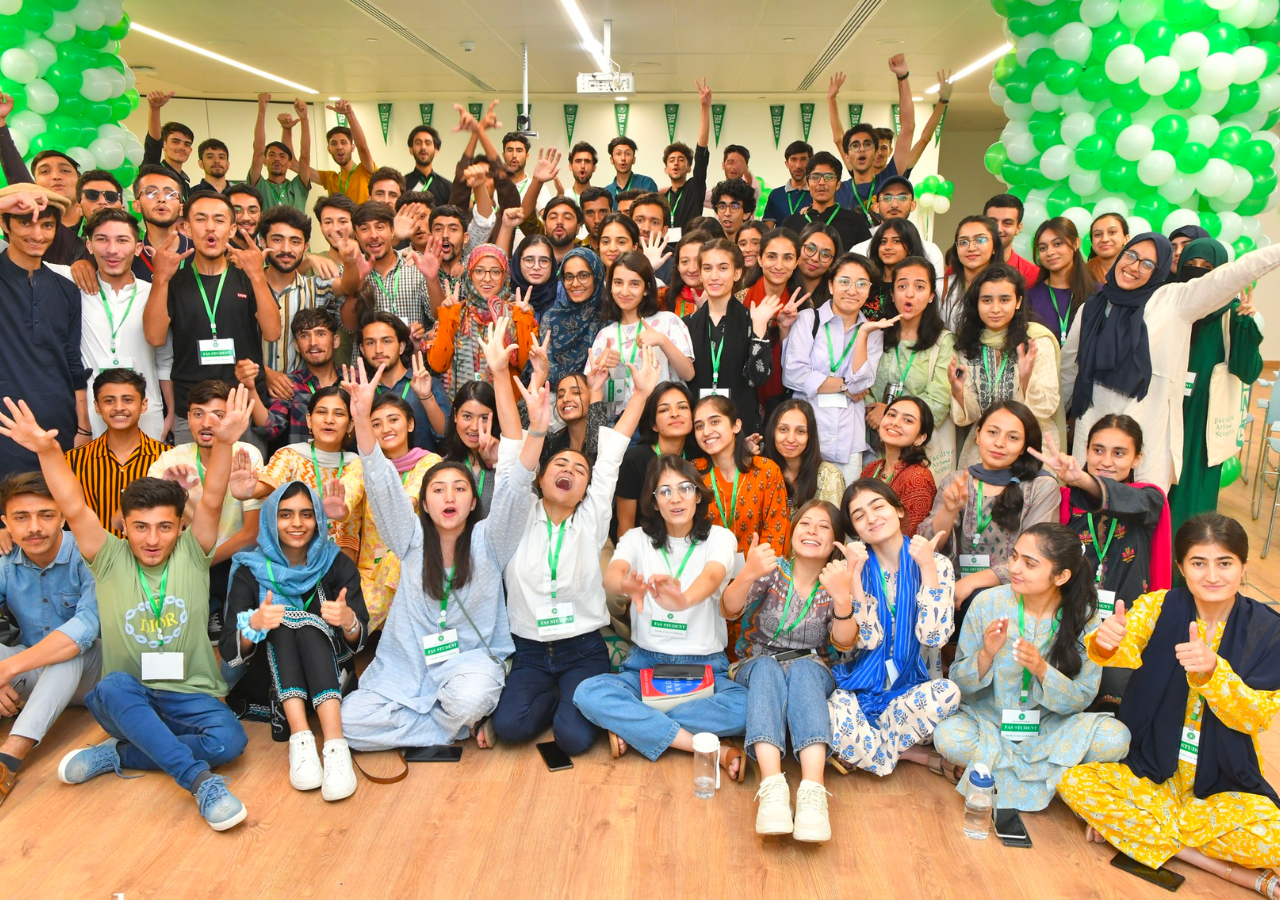What do we mean by liberal arts?
The liberal arts were originally a set of subjects considered essential for a free person — hence ‘liberal’ — to be educated and well-rounded. This intellectual tradition, which began in antiquity, evolved over centuries to embrace subjects that encompass the humanities, social sciences, natural sciences, and the arts.
Ancient philosophers recognised the value of a comprehensive, character-building education that transcended mere vocational training. They understood that cultivating critical thinking, creativity, and ethical reasoning were essential for a society's intellectual and moral fabric.
Rather than pick a specialisation and be stuck with it, this approach offers students the opportunity to take classes across all disciplines of study, and explore subjects ranging from philosophy and literature to sociology and biology; and from rhetoric and logic to mathematics and astronomy.
In the Renaissance, the liberal arts experienced a resurgence as scholars like Leonardo da Vinci embraced an interdisciplinary approach, demonstrating that the fusion of art and science could yield groundbreaking discoveries.
A new chapter in the AKU story
Over its relatively short history, the Aga Khan University (AKU) has been well-regarded for its ability to evolve to address the most crucial questions and issues faced by humanity. A new undergraduate programme, many years in the planning, has finally launched this autumn, and fits squarely within the institution’s broader aims.
AKU’s exciting and innovative new Faculty of Arts and Sciences (FAS), aims to develop young people to become future leaders through a transformative education that is challenging, stimulating and mind-opening — one that prepares graduates for innovative thought and consequential action.
“Students who join the FAS will be exposed to a scholarly programme that invites them to consider how a range of academic disciplines define and investigate some of the most fascinating questions in their fields,” said Professor Stephen Lyon, the inaugural dean of AKU-FAS.
But are the liberal arts still relevant in today’s world? More than ever, the answer seems to be yes.
Its advantage over other approaches to tertiary education is a commitment to nurturing well-rounded individuals with a broad base of knowledge. Instead of forcing students to commit themselves to one profession from a young age — as almost all universities in Europe, Africa, and Asia do — it allows them the time and space to explore their interests and talents, and, importantly, to change their minds.
“Rather than carving out separate streams for arts students or sciences students, the programme helps students to understand how the arts and sciences together can address global issues, and facilitate novel ways of thinking about things from multiple perspectives,” added Professor Lyon.
AKU’s arts and sciences curriculum will instil ethical values and an international awareness in students, promoting responsible citizenship in an interconnected world. Its principles will inspire graduates to engage in ethical leadership and address pressing current issues such as climate change, inequality, and social justice.
The four-year programme — similar to those offered at the most renowned universities in North America — will also equip graduates to analyse and solve complex problems, adapt to evolving circumstances, and excel in a variety of professional settings. It also offers clear pathways to employment, entrepreneurship, and higher education.
“Students will have the tools to succeed in business, government, the nonprofit world, creative fields, and top graduate schools. They will have the analytical skills, communication skills, leadership skills, and the capacity for innovation,” said Professor Anjum Halai, the founding dean of AKU-FAS.
Timeless relevance
As much as AKU-FAS looks ahead to an exciting future, it also stays true to its roots, taking inspiration from the great Muslim centres of learning that paved the way for what we now know as modern universities. Mawlana Hazar Imam enthusiastically spoke of plans to institute this faculty 10 years ago, in his Chancellor’s address at AKU’s 2013 convocation ceremony in Karachi.
“Developing a liberal arts capacity will not only fulfil AKU’s founding vision,” he said, “but it will also follow in the tradition of the great Islamic Universities of past centuries, and their effort to expand, and to integrate a wide array of knowledge.”
As Hazar Imam explained, this broad-based approach will empower future leaders with the creativity and adaptability needed to thrive in a world where change is the only constant.
“The Liberal Arts, I believe, can provide an ideal context for fostering interdisciplinary learning, nurturing critical thinking, inculcating ethical values, and helping students to learn how to go on learning about our ever-evolving universe.”









